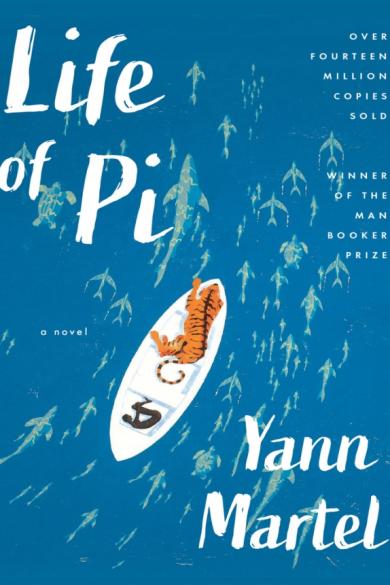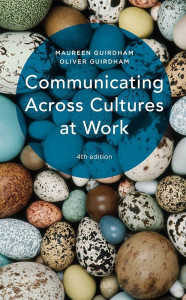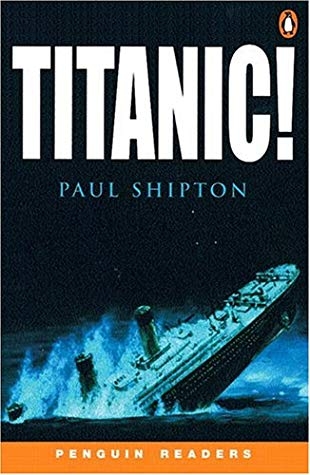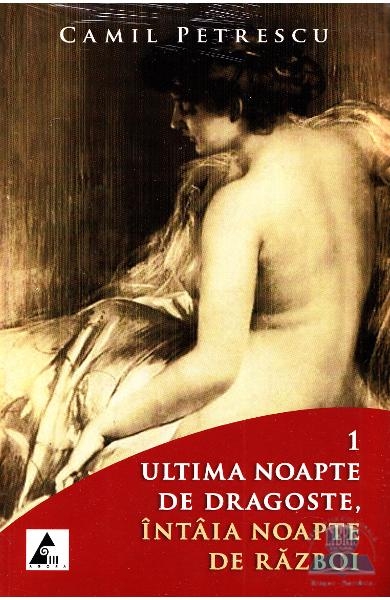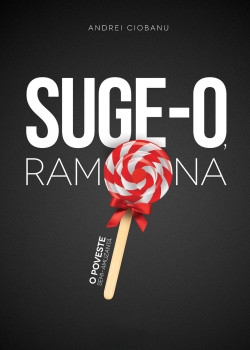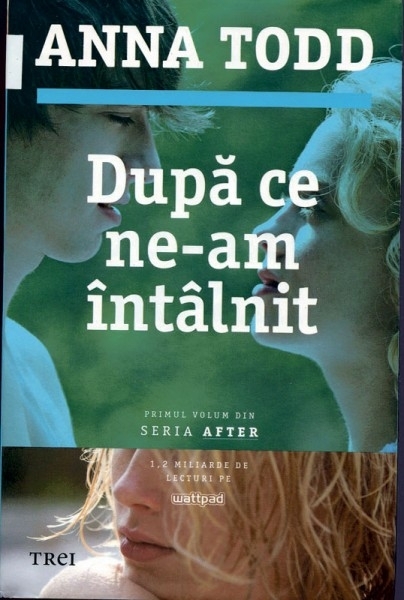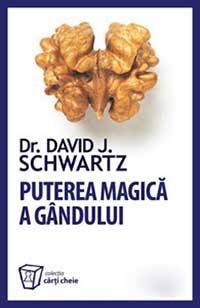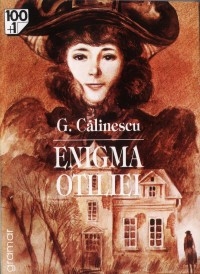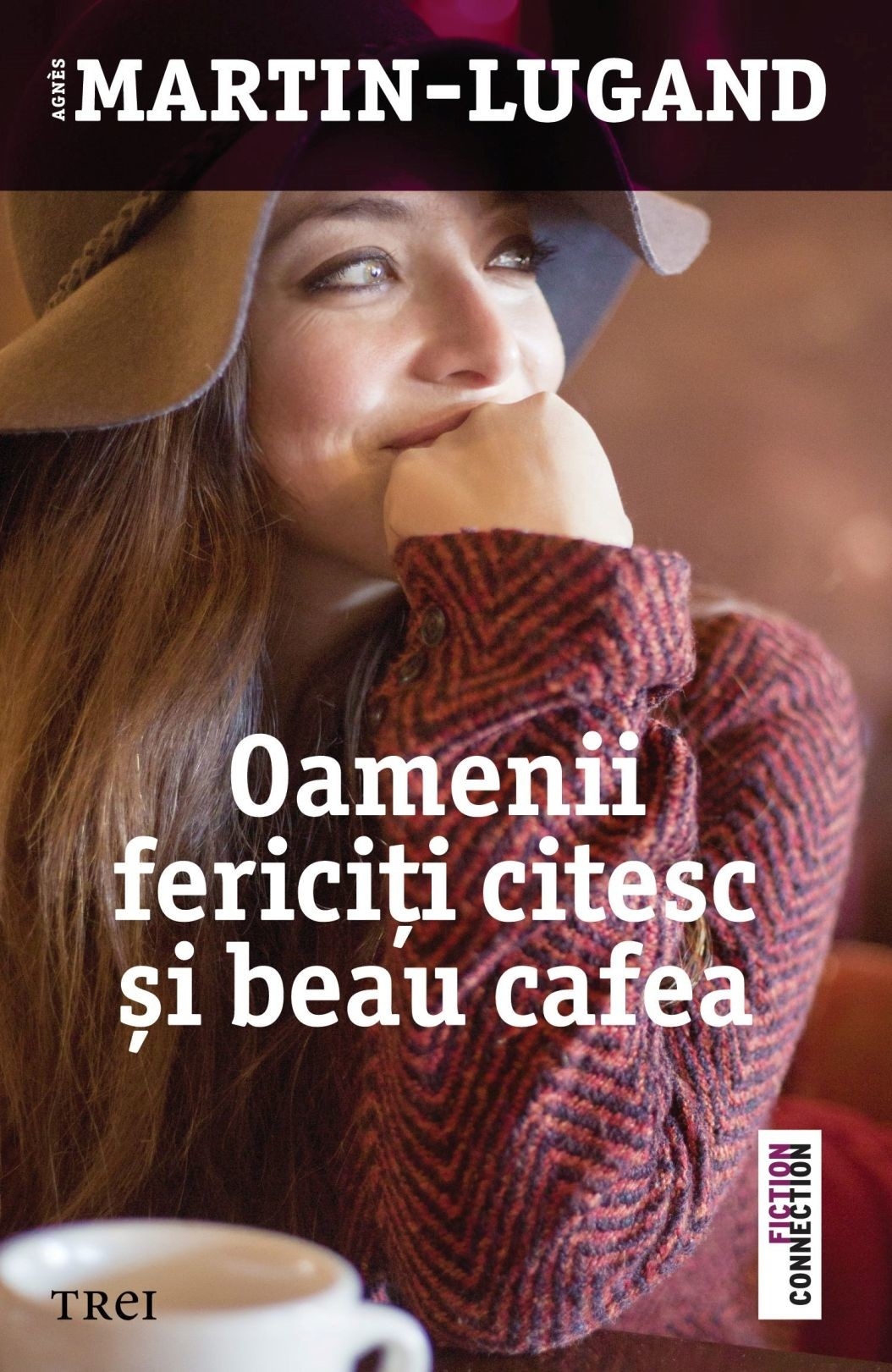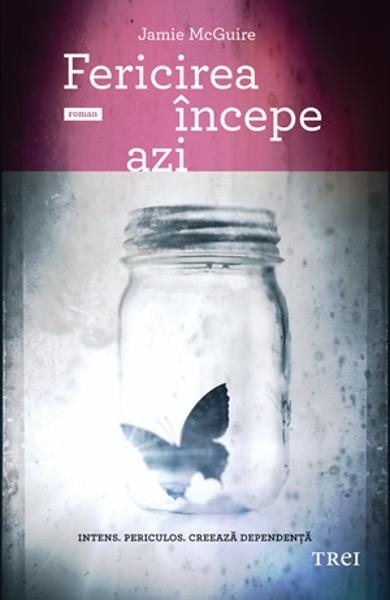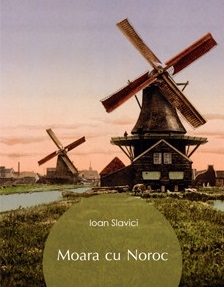This book was born as I was hungry. Let me explain. In the spring of 1996, my second book, a novel, came out in Canada. It didn’t fare well. Reviewers were puzzled, or damned it with faint praise. Then readers ignored it. Despite my best efforts at playing the clown or the trapeze artist, the media circus made no difference. The book did not move. Books lined the shelves of bookstores like kids standing in a row to play baseball or soccer, and mine was the gangly, unathletic kid that no one wanted on their team. It vanished quickly and quietly. The fiasco did not affect me too much. I had already moved on to another story, a novel set in Portugal in 1939. Only I was feeling restless. And I had a little money. So I flew to Bombay. This is not so illogical if you realize three things: that a stint in India will beat the restlessness out of any living creature; that a little money can go a long way there; and that a novel set in Portugal in 1939 may have very little to do with Portugal in 1939. I had been to India before, in the north, for five months. On that first trip I had come to the subcontinent completely unprepared. Actually, I had a preparation of one word. When I told a friend who knew the country well of my travel plans, he said casually, “They speak a funny English in India. They like words like bamboozle.” I remembered his words as my plane started its descent towards Delhi, so the word bamboozle was my one preparation for the rich, noisy, functioning madness of India. I used the word on occasion, and truth be told, it served me well. To a clerk at a train station I said, “I didn’t think the fare would be so expensive. You’re not trying to bamboozle me, are you?” He smiled and chanted, “No sir! There is no bamboozlement here. I have quoted you the correct fare.” This second time to India I knew better what to expect and I knew what I wanted: I would settle in a hill station and write my novel. I had visions of myself sitting at a table on a large veranda, my notes spread out in front of me next to a steaming cup of tea. Green hills heavy with mists would lie at my feet and the shrill cries of monkeys would fill my ears. The weather would be just right, requiring a light sweater mornings and evenings, and something short-sleeved midday. Thus set up, pen in hand, for the sake of greater truth, I would turn Portugal into a fiction. That’s what fiction is about, isn’t it, the selective transforming of reality? The twisting of it to bring out its essence? What need did I have to go to Portugal? The lady who ran the place would tell me stories about the struggle to boot the British out. We would agree on what I was to have for lunch and supper the next day. After my writing day was over, I would go for walks in the rolling hills of the tea estates.
Listată pe: 10 decembrie 2024
TOP 10 Cărți
